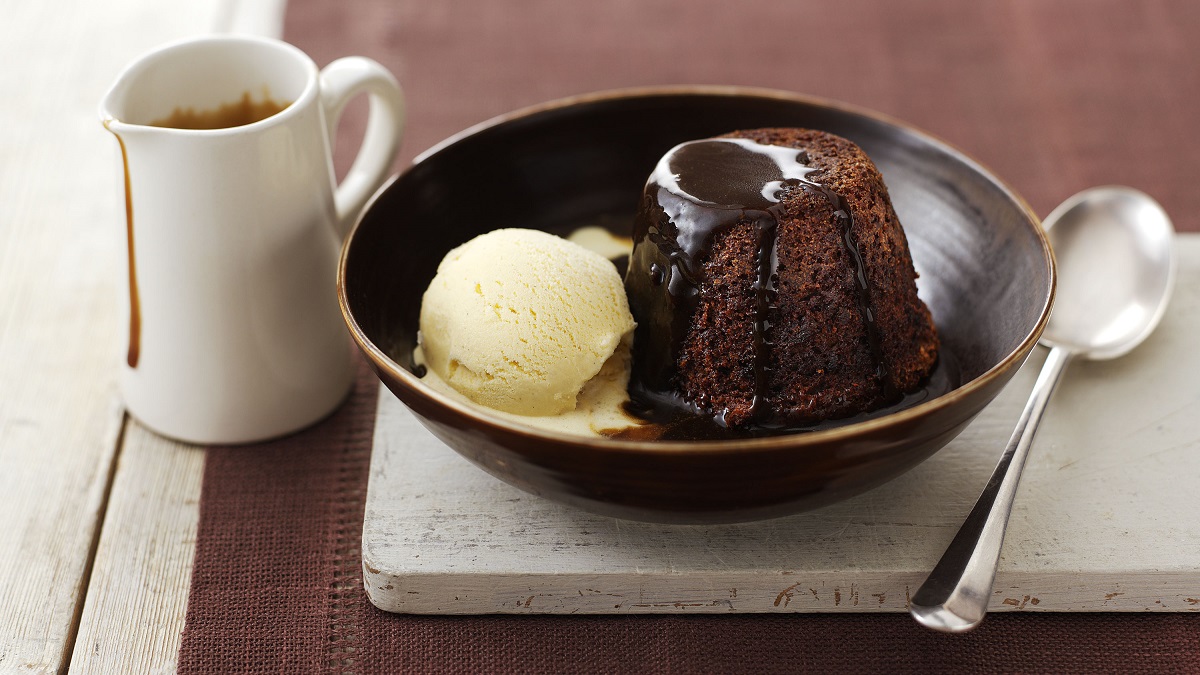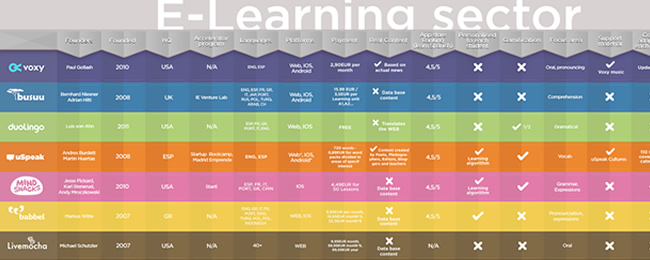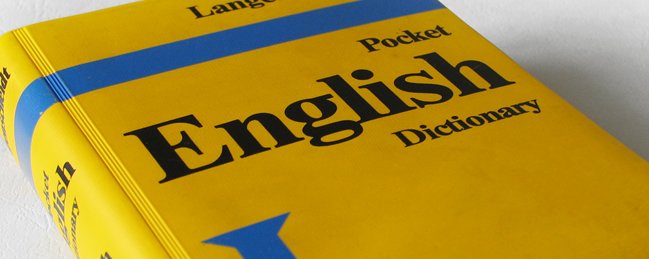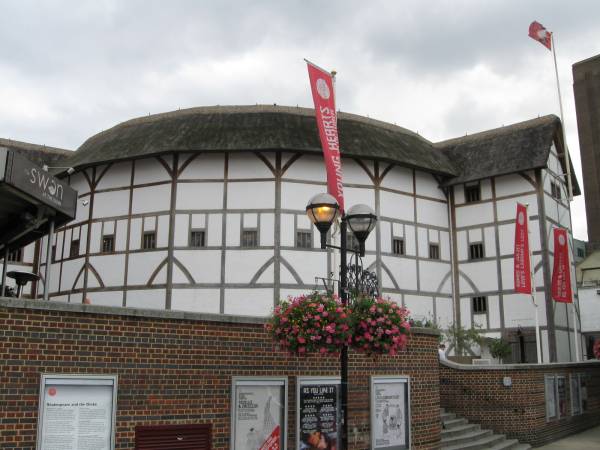
The last London Olympics took place in 1948 and were known as the Austerity games due to the economic climate of the time. During this pre-Primark/Argos/Ikea era people used to repair torn items of clothing or broken appliances rather than purchasing a cheap replacement. This was due to the lack of basic raw materials and the effects of post World War II rationing. In an effort to support the population the Government of the day published a famous booklet called ‘Make Do and Mend’ giving tips on how to recycle, repair and reuse everyday articles and materials.
The title of this Government booklet contains two verbs that second language speakers of English often find difficult. To ‘make do’ as it is used in this sense means to manage a situation with whatever means are available or it can also be used to describe a substitute for something that is unavailable.
It is advisable to memorise the following ‘make’ and ‘do’ expressions using written examples. Hopefully this week’s make, do and mend article will give you some tips on how to use the verbs ‘make’ and ‘do’ correctly.
Do is used to describe general tasks, jobs or activities.
– To do the laundry/ the shopping/ the dishes
– He did a great job of cleaning the kitchen.
And to talk about general actions and ideas
– What are you doing at the weekend?
– She never does anything.
Expressions with do
Your best/ your hair/ your nails
An exam/ a test/ a course/ a job
The cleaning/ the cooking/ the housework/ the laundry/ the dishes/ homework/ the shopping/ the gardening/ the washing/ the ironing
Exercise/ somebody a favour
Anything/ nothing/ something
Well/ badly
Make is usually used to describe the action of producing, constructing or creating something.
She is making coffee/lunch/dinner.
This Ford factory makes cars.
Expressions with make
An enquiry/ an excuse/ an arrangement/ an appointment/ an impression/ an exception/ an effort/ an attempt/ an offer/ an observation
A mistake/ a reservation/ a prediction/ a suggestion/ a complaint/ a point/ a fuss/ a choice/ a decision/ a scene/ a difference/ a mess/ a promise/ a comment/ a discovery/ a fool of yourself/ a noise/ a fortune/ a bet/ a plan/ a cake/ a sandwich/ a phone call/ a profit/ a loss/ a joke/ a confession/ a list/ a speech/ a remark/ a move
Your bed/ your mind up
Friends/ fun of someone/ progress/ money/ time / love/ war
Test yourself
- I will do/make dinner.
- They are always doing/making fun of his accent.
- Excuse me. Could you do/make me a favour?
- Jane makes/does a lot of money.
- The company made/did a loss again last year.
- John does/makes a lot of exercise.
- I know it’s difficult. At least do/make an effort.
- I would like to do/make an appointment for Wednesday.
- I am doing/making my driving test tomorrow.
- Can I do/make a suggestion?
I almost forgot, ‘mend’ means to restore something to its previous condition but it can also mean to correct, improve upon or make better and hopefully that is what you have done with your use of ‘make’ and ‘do’.
Answers: 1. make, 2. making, 3. do, 4. makes, 5. made, 6. does, 7. make, 8. make, 9. doing, 10. make





